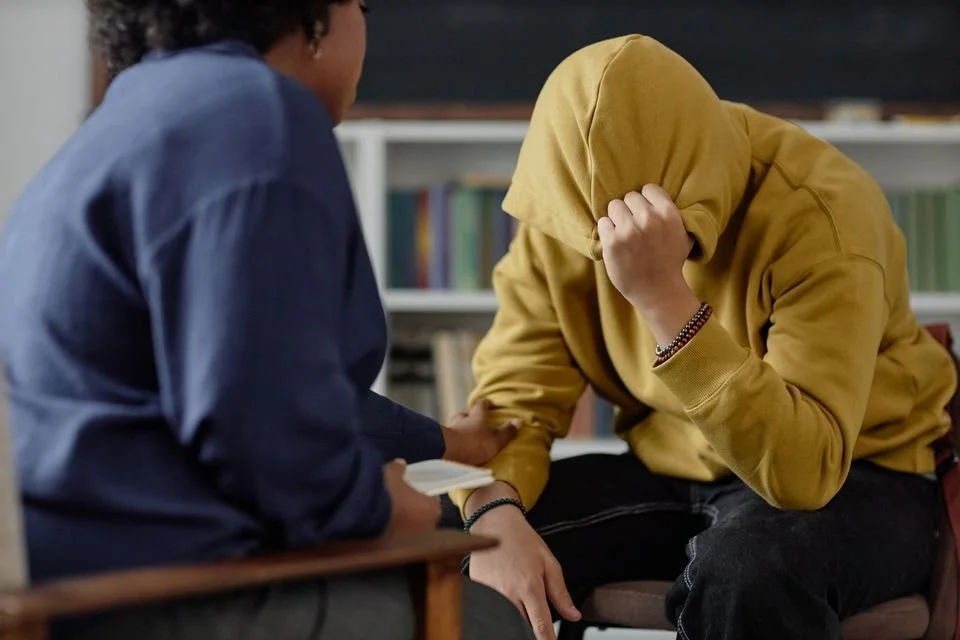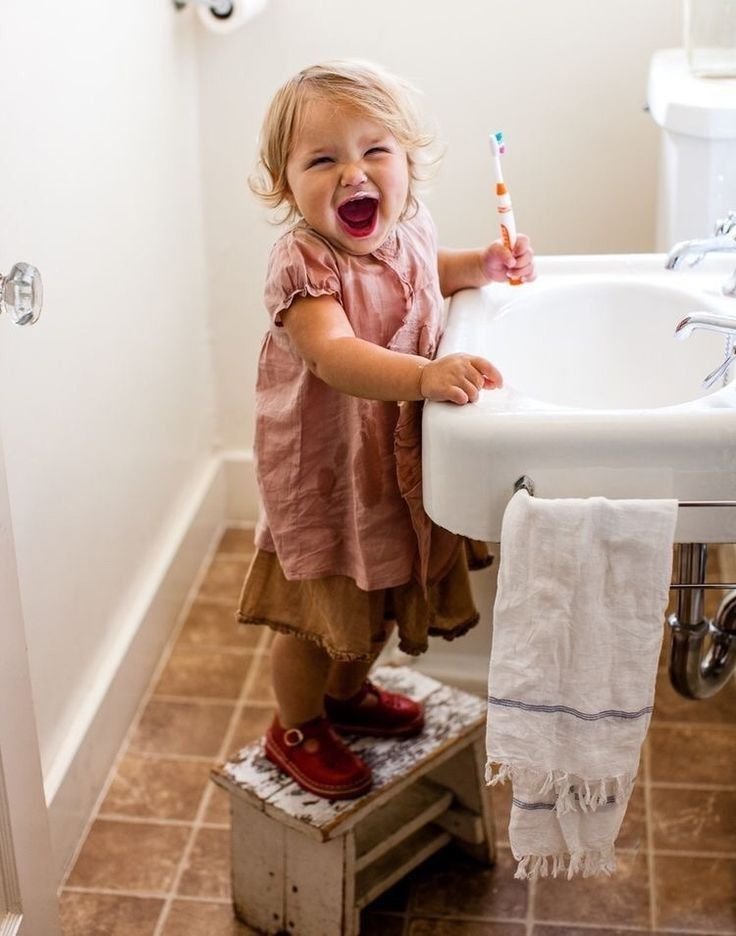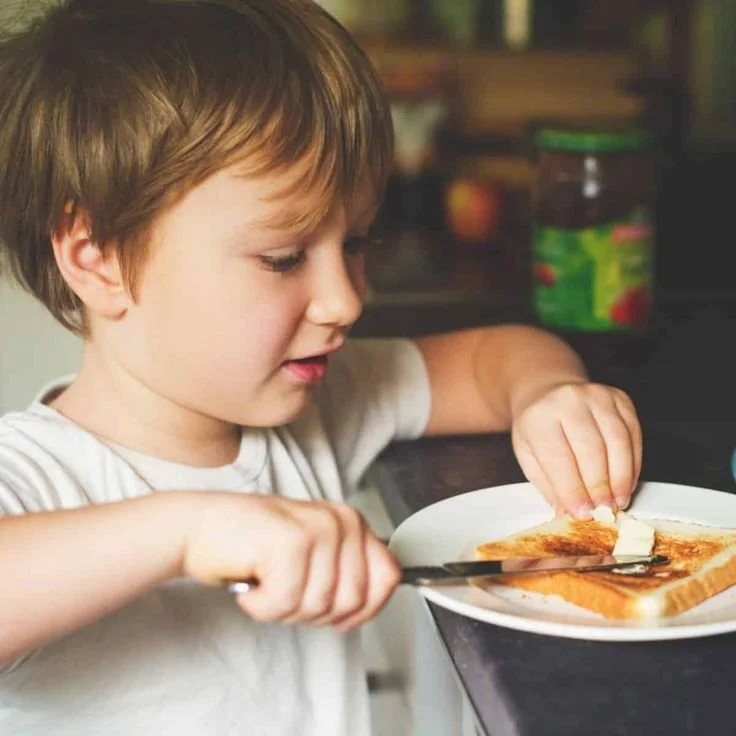
Let’s Make Life Rosie
Here, you’ll find thoughtful discussions on topics like attachment styles, emotional regulation, and practical approaches to building trust and resilience.
Whether you’re a support worker, parent, professional, or anyone passionate about making a difference, this blog is here to offer guidance, reflection, and real-world experiences to help navigate the journey.
How to build a strong relationship with a young person in care
Because trust isn’t automatic, it’s earned over time. Supporting a child or teen in care is one of the most important and complex roles a person can take on. Whether you’re a carer, support worker, or mentor, your relationship with them can be a protective factor or a source of further rupture.
The difference between escalation and communication
Because not every behaviour is a crisis, and not every quiet moment is calm. When a child or young person shows behaviour that looks big, such as shouting, pacing, storming out, slamming doors or shutting down, it’s easy to think they’re escalating. But sometimes, what looks like escalation is actually communication.
5 scripts support workers can use during a crisis
Because what you say in the heat of the moment matters. When a child or young person is in crisis - yelling, running, hitting, or shutting down - it can be hard to know what to say. Your heart might be racing. You might feel panicked, unsure, or pressured to act quickly. But in crisis situations, words can either escalate or de-escalate.
10 easy ways to promote self-regulation at home or in care
Because kids can’t learn to calm down without being shown how. Self-regulation is the ability to manage your emotions, behaviour, and energy in a way that’s appropriate to the situation. It sounds simple, but for many kids (especially those who are neurodivergent or have experienced trauma), it’s one of the hardest skills to develop.
Teaching daily living skills without nagging or power struggles
Because independence doesn’t have to come with constant conflict. If getting your child or teen to brush their teeth, shower, or put on deodorant feels like an endless battle, you’re not alone. Teaching daily living skills can easily spiral into nagging, power struggles, or full-on meltdowns, especially if the young person is neurodivergent. But what if it didn’t have to be that hard?
The Behaviour Support First Aid Kit: What To Include And How To Use It
Because every young person needs support for big feelings. When children and young people become overwhelmed, anxious, angry, or shut down, they're often told to “calm down”, but rarely taught how. That’s where the Behaviour Support First Aid Kit comes in.
Visual Supports That Actually Work (And How to Use Them)
Because a picture really is worth a thousand reminders. If you’re supporting a neurodiverse young person or a young person with a history of trauma, or just a young person who thrives on structure, visual supports can be a total game-changer.
Building Independence: Where To Start When Your Child Needs Extra Help
Because every step forward is worth celebrating. When your child needs additional support, whether due to disability, developmental delay, trauma, or anxiety, building independence can feel overwhelming. Things that seem simple for other young people (such as getting dressed, making lunch, and managing transitions) might feel like mountains for your child.
Supporting Emotional Regulation in Young People Who’ve Experienced Trauma
Because it’s not about control, it’s about safety.
If you’re caring for or working with a child who has experienced trauma, you’ve probably seen big emotional reactions: explosive outbursts, intense shutdowns, tearful meltdowns, or unexpected aggression. And you may have wondered, “Why does this happen over such small things?”. The answer often lies in the nervous system and how trauma impacts a young person’s ability to regulate their emotions.
Function Over Form: Why The Reason Matters More Than The Behaviour Itself
It’s not just what the behaviour looks like, it’s what it’s doing. When we see a behaviour of concern, such as swearing, running away, hitting, or yelling, it’s easy to focus on what it looks like. But in behaviour support, what we really care about is why it’s happening. This is the difference between form and function.
Why Behaviour Isn’t ‘Bad’: Reframing What We See
Because every behaviour tells a story. It’s easy to describe a child or young person’s behaviour as “bad,” “naughty,” or “challenging”, especially when it’s loud, disruptive, or confronting. But what if we paused and asked ourselves, ‘What’s really going on here?’ Because here’s the truth: Behaviour isn’t bad. It’s information.
The ABCs of Behaviour: Antecedent, Behaviour, Consequence – Made Simple
Your go-to tool for understanding what’s really going on. If you’ve ever felt stuck trying to figure out why a child behaves in a certain way, the ABC model is a great place to start. It’s not about blaming or labelling, it’s about understanding. Because all behaviour is meaningful, and this simple three-part framework can help us decode the message behind it.
5 Things to Do Before You Respond to a Behaviour of Concern
When a child is melting down, shouting, or shutting off, it’s easy to react without thinking. But the way we respond in those critical moments can either escalate the situation or help regulate it. Here are five simple, trauma-informed steps to take before you respond to a behaviour of concern, starting with something as small (and powerful) as a breath.
Understanding the ‘Why’ Behind Behaviour: An Intro to Functional Behaviour Assessment (FBA)
Have you ever found yourself asking:
“Why is she doing this?”
“Why does he keep doing that even after I’ve told him not to?”
“Why does this keep happening at the same time every day?”Those why questions are exactly where good behaviour support begins. Enter: the Functional Behaviour Assessment (FBA)
What is Behaviour Support, Really?
If you’ve ever heard the words “behaviour support” and pictured someone coming in with a clipboard to stop meltdowns or “fix” behaviour, you’re not alone. The truth is, behaviour support is so much more than that.
The Power of Positive Parenting: Raising Happy, Confident Kids
Positive parenting is a powerful approach that fosters strong parent-child relationships, teaches essential life skills, and nurtures emotional well-being.
Understanding Attachment Styles: How They Shape Parenting and Relationships
The bonds we form with our parents in childhood profoundly influence how we connect with others throughout life. These patterns, known as attachment styles, affect everything from our friendships and romantic relationships to how we parent our children. By understanding attachment styles, we gain valuable insights into our own parenting approach and discover ways to build stronger, more secure bonds with our kids.
Building Self-Esteem in Kids and Teens: A Guide to Confidence and Resilience
One of the most impactful things you can do as a parent or caregiver is to help your child build strong self-esteem. When children and teens feel good about themselves, they’re more likely to succeed in school, build meaningful relationships, and face life’s challenges with confidence.
Exploring Play Therapy: Helping Children Heal, Grow, and Thrive
Play therapy is a powerful and transformative tool that uses the natural language of children, play, to help them process emotions, overcome challenges, and build essential life skills. Whether addressing behavioural issues, navigating life changes, or healing from trauma, play therapy provides a safe and supportive space for children to express themselves and work through their struggles.
Navigating the Transition to High School: A Parent’s Guide
The shift from middle school to high school is a major milestone for both students and parents. It’s an exciting time filled with new opportunities, but it can also bring challenges as your child steps into a world of greater independence, responsibility, and expectations.

Testimonials























